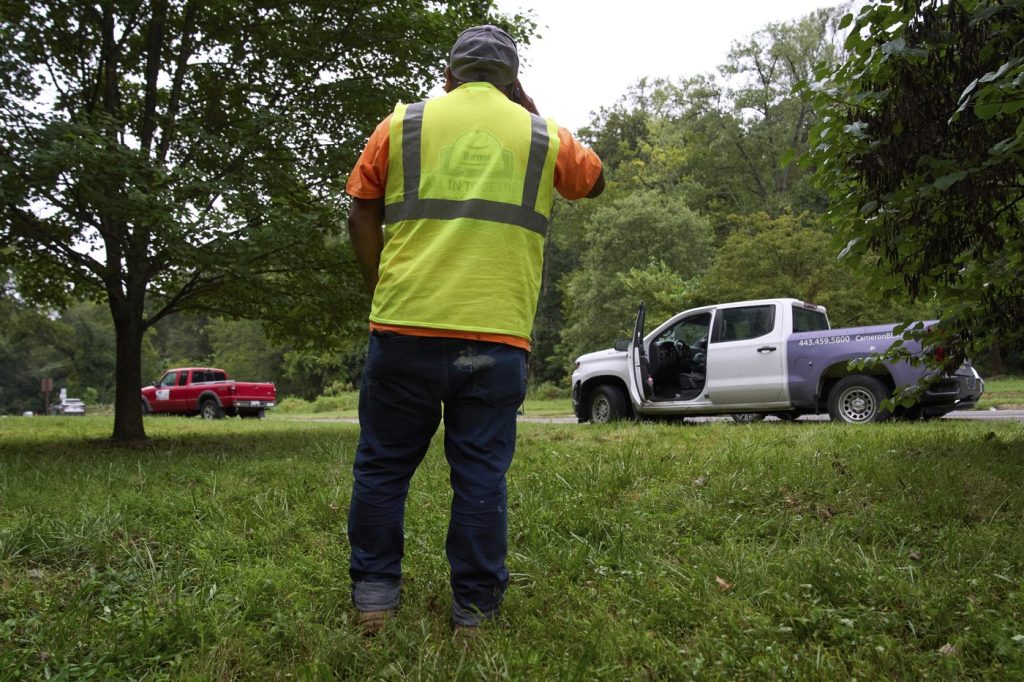Federal authorities have implemented checkpoints around Washington D.C. to screen vehicles, including inquiries about immigration status, as President Donald Trump's strict immigration enforcement policy continues its two-week implementation in the capital. The presence of federal agents and hundreds of National Guard troops has heightened tensions among residents, particularly within the immigrant community, following a noticeable increase in law enforcement activities.
Since the escalation began on August 7, 2025, with the influx of federal agents, over 630 arrests have been reported, including 251 individuals identified as being in the country illegally. D.C. Mayor Muriel Bowser acknowledged the inevitability of checkpoints as part of federal law enforcement operations, commenting on the increased deployment frequency and variety of enforcement measures incorporated into the city's policing.
Federal agents are now conducting wide-ranging operations throughout the city, moving beyond just downtown areas. As part of these operations, President Trump planned to join a D.C. patrol on Thursday night, indicating a personal involvement in the federal enforcement strategy.
The checkpoints utilized by U.S. Park Police have raised significant concerns among local communities. Martin Romero, a construction worker, encountered agents during his commute through Rock Creek Park. He initially thought the traffic stop was routine but became anxious when immigration agents approached his vehicle, asking questions about his and his companions' immigration status. Romero recounted that two individuals in his truck were detained without explanation, leaving him worried about their fate.
Legal experts note that while checkpoints are permissible under certain conditions, the scope of authority granted to law enforcement in this context is limited. The Supreme Court has upheld checkpoints for specific purposes, such as border control and sobriety checks. However, there are significant restrictions on using checkpoints to combat general crime or conduct immigration checks without a legal basis. Experts argue that the arbitrary nature of these enforcement actions may leave residents feeling unjustly targeted.
This new enforcement initiative in Washington D.C. mirrors previous operations in cities like Los Angeles, where immigration officers have maintained a nearly daily presence in public spaces, causing significant disruption to local businesses and community activities. The heightened visibility of federal enforcement has affected social practices and raised alarms among immigrant populations throughout the country.
In conclusion, the federal government's recent actions in Washington D.C. illustrate a concerning trend in immigration enforcement practices that could infringe on the rights and safety of residents, creating a climate of fear within the immigrant community. The ramifications of these actions continue to unfold, drawing considerable attention from legal advocates and residents alike.











